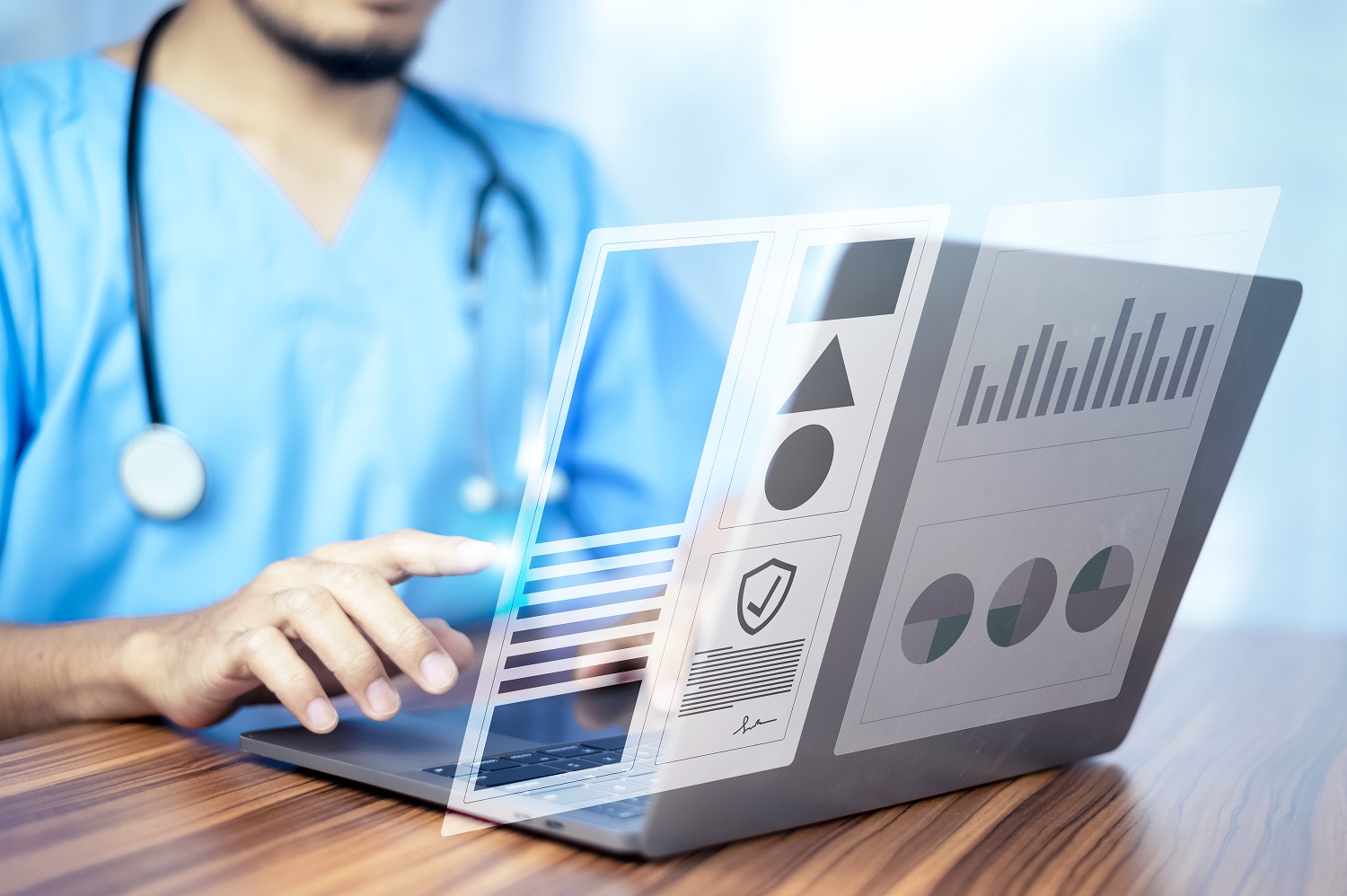The transformation of the healthcare industry has given birth to the possibility of improved healthcare outcomes because of using intelligent mechanical aids.
Since the pandemic, the healthcare industry has seen numerous technological advances with the introduction of practice management, RCM, and telehealth technologies. A successful hospital facility today depends on these technological aids to boost productivity and improve health outcomes.
However, hospital facilities today also require an overview of their performance, due to utilizing these technologies to decipher which combination of technological aid shall reap the most benefit for their practice.
The idea of perfecting the imperfections in an otherwise smoothly operating practice has been introduced under the guise of healthcare analytics to show doctors a comprehensible outline of their practice’s performance.
What is Healthcare Analytics?
Whilst most technologies perform certain tasks that promote efficiency, this technology provides insights.
A healthcare facility’s major challenge is sifting through the large influx of data on a daily basis and analyzing, comparing, and utilizing relevant information for any given task.
With the help of healthcare analytics software, physicians can safely store large amounts of data in the software’s cloud system and extract relevant information whenever needed.
The sole function of Healthcare Analytics is to extract, compile, analyze, and then interpret data to provide physicians with the insights and reports they need for the purpose of streamlining the hospital’s workflows.
Health Analytics and Care Continuum
Hospitals and healthcare institutes require optimum healthcare delivery to boost health outcomes and improve the overall quality of life in the masses.
For this purpose, physicians need to make sure that they have access to information-rich platforms that can analyze and produce relevant data that promote better health outcomes.
Healthcare analytics is, therefore, a prime solution to providing apt data in the form of either charts or configurable tables, and interpreted accordingly to be reviewed or deciphered in order to produce an accurate outcome in healthcare.
For example, several clinical studies can be referenced to deduce which drug or treatment therapy works best for a specific disease.
There are several ways healthcare analytics can benefit the care continuum:
Electronic Health Records
Healthcare analytics is an information-rich platform; feeding data and extracting data is its prime function.
Therefore, the software allows for significantly large cloud storage to not only help physicians save comprehensive patient information but also allow easy access to previous patient records, clinical documentation and patient history so that physicians may be able to refer to former ailments or provide a seamless patient referral procedure if need be.
Streamlines Healthcare Workflows
Large clinical facilities today require a robust and efficient system that can tackle the large influx of daily patient data.
Healthcare analytics can solve this challenge seamlessly whilst also allowing doctors to procure financial performance insights through the software.
This software can allow physicians to understand the shortcomings and KPIs at their practice and focus on those to produce larger monetary benefits whilst also taking care of their patients.
Aids Decision Making
By cross-referencing the patient data previously entered into the system, doctors can reevaluate their treatment planning, or therapeutic protocols, by choosing medication and therapies that have previously shown positive and quicker results in patients.
Healthcare analytics can aid the decision-making of physicians and boost their confidence during optimum healthcare delivery.
Identifies Increased Risk in Patients
As a result of extracting relevant data from several authoritative resources, physicians can ensure which areas of a certain region involve high-risk individuals for a certain type of disease.
Healthcare analytics can decipher patterns in data and sort through several data entries to match similar patient histories and symptoms.
This allows patients a comprehensive insight to understand which regions require a robust supply of medication, healthcare machinery, and man force to cater to diseases that, if not tackled urgently, could contribute towards endemics or even pandemics.
Improves insurance rates
Healthcare data analytics can allow physicians ease and efficiency in the practice’s financial operations by ensuring successful claim filing.
Physicians can maximize reimbursements for a practice by allowing intelligent technological healthcare aids, extracting valuable and accurate patient information from its cloud system, analyzing previous data entry trends, and eliminating the chances of human error to file medical claims with the lowest possibility of denial.
Conclusion
Healthcare analytics is a multifunctional technology that tackles a practice’s workflows and clinical operations to ensure seamless storage, access, and analysis of data.
With the removal of paper clutter through former patient filing systems, modern healthcare practices can remain organized and free of human error.
Health Analytics and RCM solutions are a power-packed duo storing information whilst also referencing it to maximize profitability.

